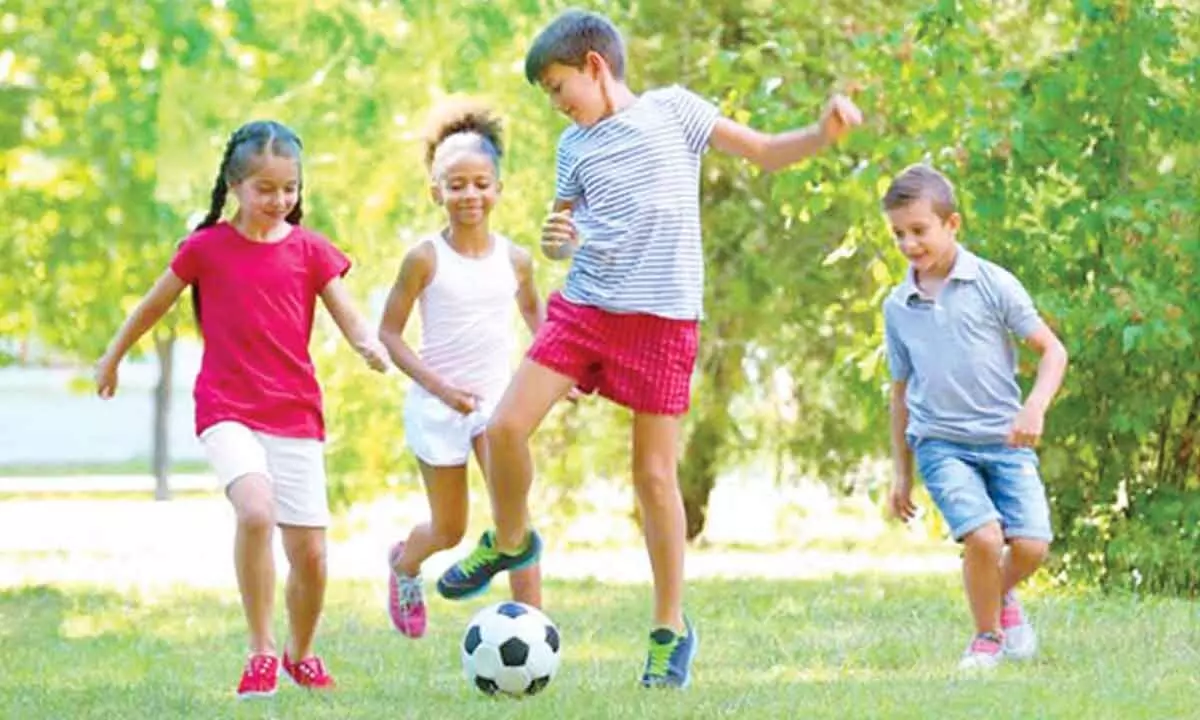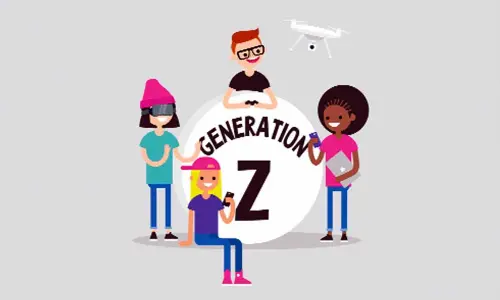Why outdoor play essential for children’s development

Outdoor play has been a cornerstone of childhood for generations. However, in today’s world, children are spending less time outside and more time engaging with screens and structured indoor activities.
Outdoor play has been a cornerstone of childhood for generations. However, in today’s world, children are spending less time outside and more time engaging with screens and structured indoor activities. This shift has raised concerns among educators, psychologists, and health professionals. Outdoor play is not just about having fun—it’s a vital component of a child’s holistic development, fostering physical, emotional, cognitive, and social growth. Understanding its importance can inspire parents and educators to prioritize this essential aspect of childhood.
Physical Development
One of the most apparent benefits of outdoor play is its impact on physical health. Running, climbing, jumping, and other outdoor activities help children develop gross motor skills, enhance coordination, and build strength. Unlike structured indoor exercises, outdoor play allows for diverse and spontaneous movement, which engages various muscle groups and promotes overall fitness.
Moreover, exposure to sunlight during outdoor play helps children absorb vitamin D, which is crucial for bone development and a healthy immune system. Studies have also linked outdoor play to reduced risk of childhood obesity, as it encourages active lifestyles. Playing tag, riding bikes, or exploring a park fosters habits that can combat sedentary tendencies and build a foundation for lifelong health.
Cognitive benefits
Outdoor play stimulates cognitive development in unique and meaningful ways. Natural environments are dynamic, offering children opportunities to solve problems, make decisions, and engage in imaginative play. For instance, building a fort with sticks and leaves or navigating a trail fosters creativity and critical thinking.
Unstructured outdoor play also enhances executive functioning skills, such as planning, focus, and memory. Research suggests that exposure to natural settings can improve attention spans, particularly for children with attention deficit hyperactivity disorder (ADHD). The unpredictability of outdoor environments challenges children to adapt and innovate, nurturing flexibility and resilience in their thinking.
Emotional growth
Spending time outdoors provides children with a natural stress relief. The sensory experiences of nature—feeling the grass, hearing birds chirp, or watching clouds drift—have a calming effect on the mind. These experiences can reduce anxiety and promote emotional regulation, helping children navigate their feelings more effectively.
Outdoor play also fosters a sense of independence and self-confidence. Climbing a tree, balancing on a log, or discovering a hidden nook gives children a sense of accomplishment. These experiences empower them to take healthy risks, face challenges, and build self-esteem. Moreover, the unpredictability of outdoor play helps children learn to manage frustration and overcome obstacles, fostering emotional resilience.
Social skills and cooperation
Outdoor play is a natural setting for children to develop social skills. In a playground or park, kids often play in groups, negotiate roles, and establish rules. These interactions teach important life skills such as communication, empathy, and conflict resolution.
Unlike structured activities, where adults often set the guidelines, outdoor play allows children to lead and learn from their peers. For example, deciding how to play a game or working together to build a sandcastle teaches teamwork and compromise. Such experiences help children understand the dynamics of cooperation and strengthen their ability to form meaningful relationships.
Connection to nature
Outdoor play helps children develop a connection to the natural world, fostering environmental awareness and stewardship. Experiences like observing wildlife, planting a garden, or simply watching the seasons change teach children about ecology and their place in the ecosystem. This connection can instill a sense of responsibility for protecting the planet, which is increasingly important in a world facing environmental challenges.
Barriers and solutions
Despite its benefits, outdoor play faces obstacles in modern society. Urbanization, safety concerns, and increased screen time have limited children’s opportunities to play outside. However, these challenges can be addressed with creative solutions. Parents and caregivers can prioritize visits to parks, enroll children in nature-based programs, and encourage outdoor play by making it a family activity. Schools can incorporate outdoor learning and unstructured playtime into their schedules, ensuring all children have access to nature’s benefits.
Outdoor play is essential for children’s development, offering unparalleled opportunities for growth in physical, cognitive, emotional, and social domains. Beyond these developmental benefits, it allows children to experience joy, freedom, and connection with the natural world. In an era of growing indoor lifestyles, prioritizing outdoor play is a simple yet powerful way to nurture healthy, well-rounded children. By embracing outdoor play, we empower children to explore, imagine, and thrive.











